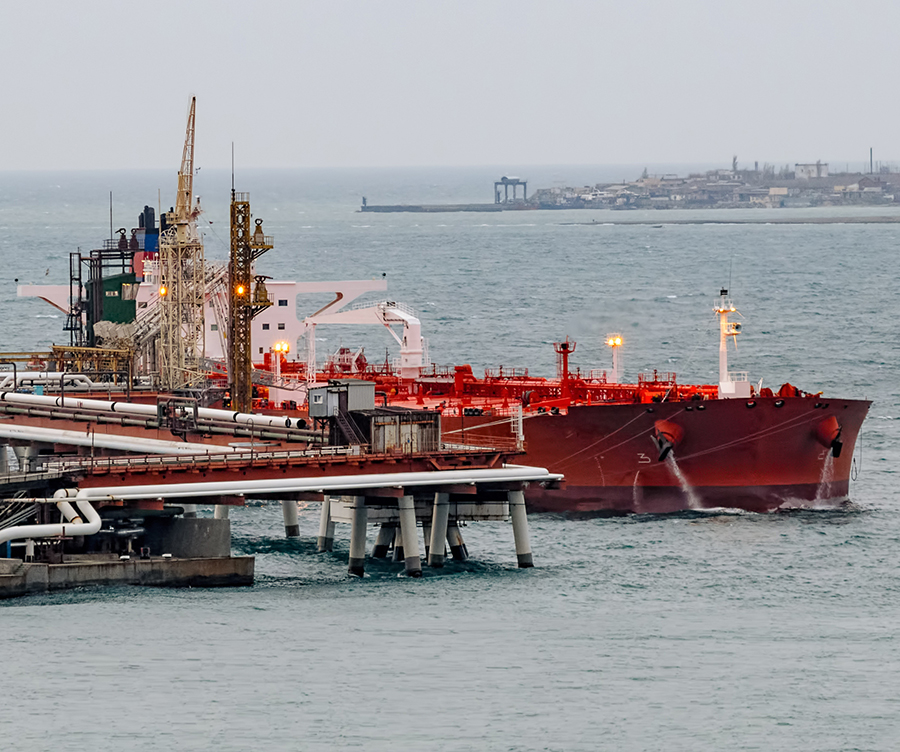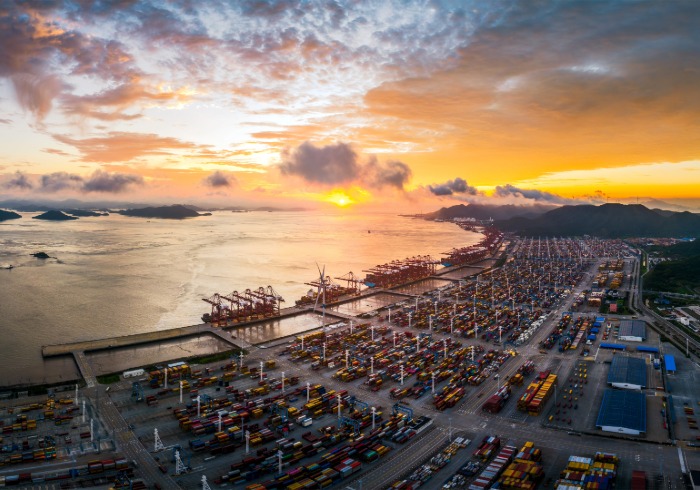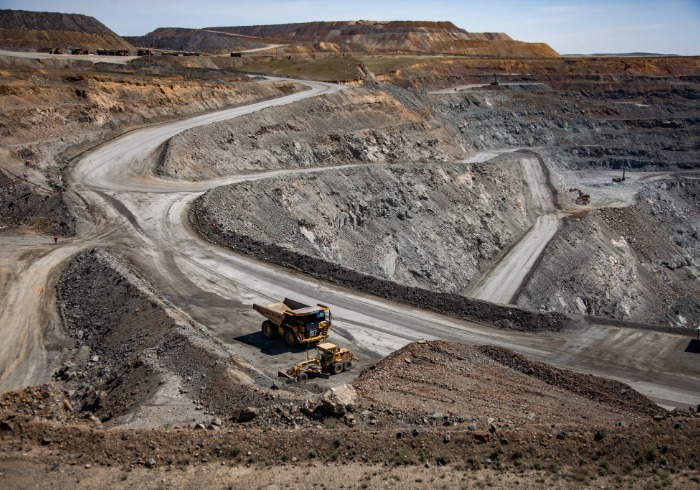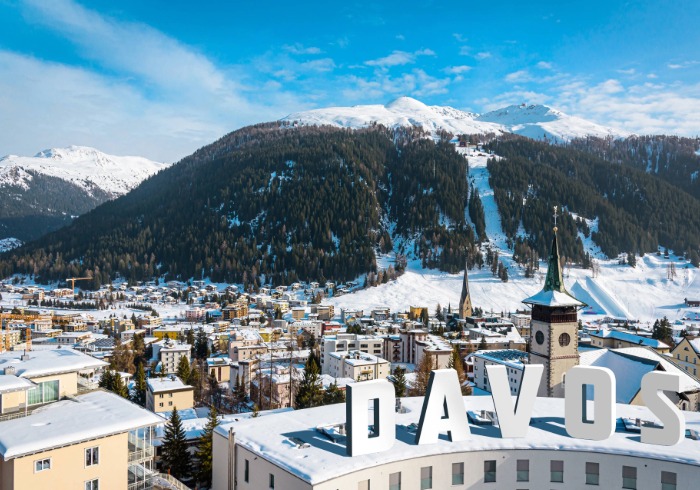The EU has vowed to squeeze the Kremlin’s energy revenues further, imposing fresh sanctions on its network of ageing ships and proposing a lower price cap on Russian oil.
The EU this week finalised its 17th round of sanctions against Russia since its full-scale invasion of Ukraine, announcing it would double the number of “shadow fleet” vessels subject to a port access ban and maritime transport services. The move brings the total number of blacklisted vessels to 342.
“Those vessels are part of Russia’s ‘shadow fleet’ and responsible for transporting Russian oil while practicing irregular and high-risk shipping practices,” the European Council says.
The aim is to dismantle the shadow fleet’s operational capacity, “thereby reducing the oil revenues that support Russia’s war economy”, it adds.
The EU has also slapped sanctions on specific shipping companies that have engaged in “dangerous practices at sea” while transporting Russian oil, including entities from the UAE, Turkey and Hong Kong.
Hong Kong-based Prominent Shipmanagement, Dubai’s Moonlight Shipmanagement and Turkey’s Cape Gemi Isletmeciligi are accused of deploying tactics such as manipulating location signals and ship-to-ship transfers to facilitate Russian exports.
Leigh Hansson, a partner at law firm Reed Smith, says the package highlights a “slight change” from recent EU sanctions which had largely targeted Russia’s military sector, shifting the focus towards the shadow fleet.
“The EU is demonstrating a ramping up of pressure as peace talks fail to progress and the battle over the shadow fleet grows. This is a clear statement of intent from the EU to show that they will not be relenting on their economic pressure on Russia,” she tells GTR.
“Notably, this comes despite renewed attempts by the US to restart peace talks after the failed summit in Istanbul last week,” Hansson adds.
The sanctions may cause some disruption to Russia’s oil network and the designating of entities from non-EU countries is an “interesting aspect” of the package, she says.
“Although many in the market have been aware of, and avoiding, these vessels for some time, those without robust compliance programs will only now be aware of the risks that come with doing business with these vessels,” Hansson says.
“It is likely that Russia will now be forced to find alternative means of transport, which has become increasingly more difficult where brokers and owners have ramped up their compliance efforts when selling these vessels.”
European Commission President Ursula von der Leyen says an 18th package of sanctions is already being prepared by the EU, writing on X yesterday: “It’s time to intensify the pressure on Russia to bring about the ceasefire.”
Kaja Kallas, the EU’s top diplomat, indicated at a press conference yesterday that a key focus of the next sanctions package will be a price cap on Russian oil.
Under the regime, businesses in the G7, European Union and Australia are prohibited from providing services supporting seaborne Russian oil exports, such as shipping, insurance and trade finance, unless the price is below US$60 per barrel.
But with global energy prices having fallen this year there are fears the cap’s effectiveness is being undermined, and the EU is set to propose a US$50 cap to G7 finance ministers this week, Reuters reports.
Ukrainian officials argue the cap should be slashed as low as US$30 per barrel.
The “strongest element” of the next sanctions package will be energy, Kallas said at the press conference, adding: “The oil price cap is something that has a clear effect on Russia’s economy.”
“So far, they have been able to cover this with propaganda saying that the economy is actually rising, and there is nothing to see here, but now they cannot even cover it with the propaganda anymore, and they are saying that it is in stagnation,” she told reporters.
Russia’s economy has largely withstood western sanctions, growing by 4.3% last year, helped by significant military spending.
But falling oil prices, inflation and high interest rates are set to weigh on GDP.
Russia forecasts its economic growth will slow to 2.5% this year and officials have voiced concern over rising inflation, which now stands at over 10% – far above the targeted rate of 4%.
European thinktank the Centre for Research on Energy and Clean Air estimates that Russian fossil fuel exports revenues fell to US$585mn per day in April, 6% lower than the previous month.
Last year, it was earning US$732mn per day.
Traders in the crosshairs
The EU’s sanctions package comes amid wider efforts to slash its own dependency on Russian energy.
In early May, the EU announced plans to halt imports of Russian gas under spot contracts by the end of 2025, and ban imports under existing long-term contracts “no later than the end of 2027”.
Hungary, France, Slovakia, Belgium and Spain were the largest EU importers of Russian fossil fuels in April, paying €1.2bn for pipeline gas, LNG and to a lesser extent crude oil, CREA data shows.
“Where one supply source is turned off, others will fill the void,” says David Savage, a partner at law firm HFW. “We can expect to see non-Russian players seeking to exploit the situation.
“US LNG exporters are well-positioned to capture a substantial portion of the market, with export capacity projected to double by 2028. However, they face competition from Qatar, Norway, Algeria, Azerbaijan and other suppliers.”
As European gas importers work to comply with the 2027 phase-out deadline, they could be exposed to contract risks, Savage says.
“Of particular note is the potential for knock-on litigation between parties impacted by the run-down,” he tells GTR.
“It is not a stretch to foresee contractual disputes between European buyers and Russian sellers, against trading companies caught in the crosshairs and pertaining to infrastructure and storage agreements.”







